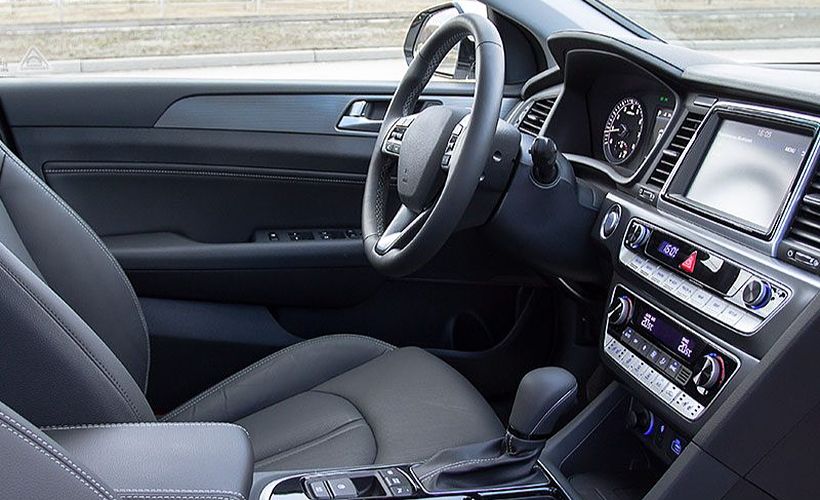GEON Guides Automotive Long-Fiber Substitution for Savings
Enhanced Polyolefin Technology Solves Long-Fiber Dimensional Issues

Challenge
A leading automaker was experiencing dimensional stability issues when it produced an automotive structural component. This component, the vehicle’s instrument panel (IP), showed unacceptable amounts of warpage and distortion, causing fit and finish issues with first surface panels, trim bezels, and control panels. This inconsistent quality created a significant amount of product waste, decreasing plant productivity and increasing cost.
This OEM was using long glass-filled polypropylene for its components, which is a typical material choice for structural components such as IPs, consoles, door modules, and sunroof frames. This material does have specific shortcomings, particularly when it comes to the molded part’s dimensional stability, anisotropic mechanical properties due to long fiber orientation, processing equipment wear, and structural integrity.
Solutions
It was time for the automaker to make a change in its material selection. After reviewing possible alternatives, this company reached out to GEON® for help.
The GEON team of polyolefin experts thoroughly understood product requirements, as well as the challenges facing this customer, and established a collaborative project to address the issue.
GEON ultimately recommended RESILIENCE® HST (High Strength), a reinforced polypropylene with exceptional strength and stiffness. Thanks to a proprietary chemical coupling technology, this material provides greater strength at equivalent glass loading levels than traditional glass-filled polypropylene.
Impact
With RESILIENCE HST material, the finished parts maintained their structural integrity better than ever before and exhibited excellent dimensional stability, with minimal warpage or distortion post mold ejection.
RESILIENCE HST provided cost savings to the OEM because of the decrease in waste due to minimal distortion post mold ejection, plus the ability to regrind up to 20%. The OEM no longer had to worry about scrap going to waste and instead could gather and reuse it in a different production run.
Using GEON RESILIENCE HST line of PP:
- Minimized warpage and distortion, providing superior fit and finish to mating parts
- Allows for isotropic mechanical properties, essential in complex parts
- Provided cost savings because of decreased waste and ability to regrind up to 20%


